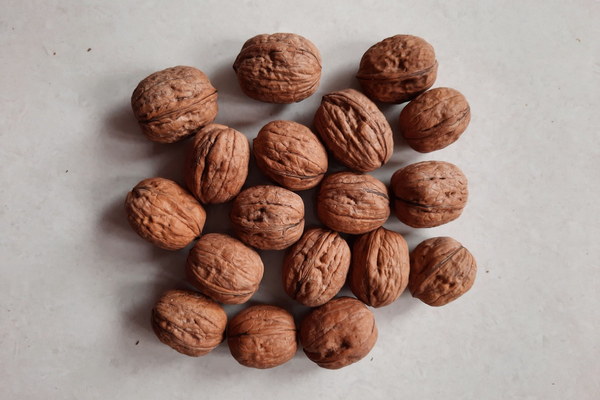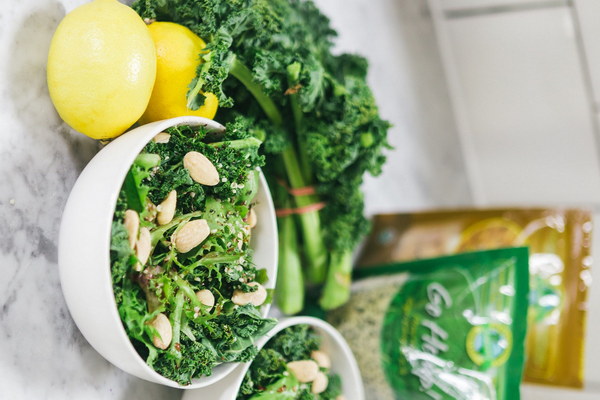Does Eating Ice Cream Really Help Protect and Nourish Your Liver
Eating ice cream on a hot summer day is a delightful treat for many, but can it actually benefit our liver health? With the rising popularity of this cold dessert, many people are left questioning whether indulging in ice cream can contribute to liver protection and nourishment. In this article, we will delve into the relationship between ice cream and liver health, and provide you with the facts you need to make an informed decision.

First and foremost, it's essential to understand that the liver is a vital organ responsible for detoxifying the body, producing bile, and metabolizing nutrients. It's crucial to maintain a healthy liver to ensure overall well-being. Now, let's explore the potential benefits and drawbacks of consuming ice cream in relation to liver health.
Benefits of Eating Ice Cream for Liver Health:
1. Antioxidants: Some ice creams contain antioxidants, such as vitamin E and beta-carotene, which can help combat oxidative stress and reduce the risk of liver diseases like cirrhosis and liver cancer.
2. Electrolytes: Ice cream can help replenish electrolytes, such as potassium and magnesium, lost through sweating during hot weather. These electrolytes are essential for maintaining liver function and overall health.
3. Improved digestion: The cold temperature of ice cream can help soothe the stomach and improve digestion, potentially reducing the risk of conditions like constipation and acid reflux, which can place extra strain on the liver.
Drawbacks of Eating Ice Cream for Liver Health:
1. High sugar content: Many ice creams are high in sugar, which can contribute to fatty liver disease, a condition where excess fat accumulates in the liver. This can lead to liver inflammation and, in severe cases, liver failure.
2. High-fat content: Ice cream is often high in saturated and trans fats, which can increase the risk of developing non-alcoholic fatty liver disease (NAFLD). This condition is characterized by the accumulation of fat in the liver, which can impair its function.
3. Artificial additives: Some ice creams contain artificial additives, such as food dyes and preservatives, which can put extra strain on the liver's detoxification process.
In conclusion, while ice cream may offer some benefits to liver health, it's crucial to consume it in moderation and prioritize overall liver health by maintaining a balanced diet and lifestyle. Here are some tips to help you enjoy ice cream without compromising your liver health:
1. Choose low-fat and low-sugar options: Look for ice creams with minimal added sugar and fat, such as those made with Greek yogurt or coconut milk.
2. Eat ice cream in moderation: Enjoy ice cream as an occasional treat rather than a daily indulgence.
3. Pair with healthy foods: Have your ice cream with a side of fruits or vegetables to balance out the high sugar and fat content.
4. Stay hydrated: Drinking plenty of water throughout the day can help flush out excess sugar and fat from the body, reducing the strain on the liver.
Remember, the key to maintaining a healthy liver lies in a balanced diet, regular exercise, and avoiding excessive alcohol and tobacco use. By making informed choices about the foods we consume, we can support our liver's function and overall well-being.









